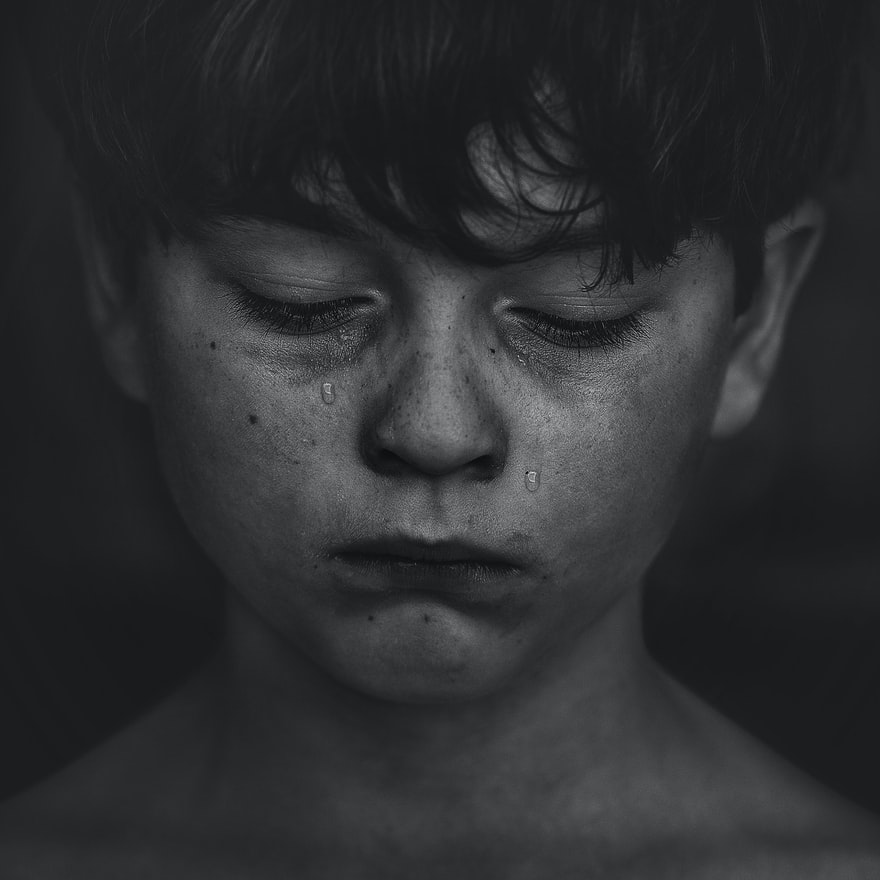
AN EXTENSIVE GUIDE TO CHILD TRAUMA (PART 2)
When a child (0-18) is exposed to a traumatic incident, shock, or distressful event, it may lead to trauma. When a youngster is traumatized, they may feel perplexed, exhausted, and wounded. Adults are not the same as children, and they may have different reactions to the same experiences. This is why it is important for us to understand the differences in trauma that children may face.
In part 1 of this article, we covered bullying and community violence. If you want to read more on the topic, you may click here. Let us discuss another facet of trauma…
Complex Trauma

Complex trauma happens when a child is exposed to several traumatic events, often over a long period. It can range from abuse to neglect. Like any type of trauma, complex trauma comes and disrupts the normal development of a child. Complex trauma commonly occurs within the home or comes from a family member who the parents trust. Children who suffer from complex trauma from a family member often find it difficult to build trusting attachments later on in life.
A child needs to develop relationships. Through these, they will learn to trust others, control their emotions, and interact better. When primary caregivers such as parents cannot provide children with support and security but rather exploit and abuse their children, the latter have difficulties establishing strong relationships. They may even react in an aggressive way to different situations.
Children who experience complex trauma will find it difficult to express their emotions, and they may internalize those, leading to depression or anxiety. They will tend to develop a violent character most of the time, as it is the only way to protect them from the world. They might respond to most situations with explosive and sudden violence, or they can be numb emotionally, making them even more vulnerable.
If a child is under constant stress, the immune system will not develop normally. Children who are victims of complex trauma will face more medical difficulties such as constant headaches or chronic physical conditions. Some children may go so far as to self-harm, believing that they deserve the pain, or as a release mechanism for their bubbling emotions.
Another common sign of complex trauma is dissociation. When children go through certain traumatizing experiences, they tend to dissociate from reality and detach themselves mentally. It may appear like a dream or more like a nightmare, but they do not react. This dissociation can lead to a gap in their memory later in their life. The brain captures this moment and stores it away from their memories, but these moments can resurface later at the unpredictable moment leading to broken adults with emotional instability.

Have you ever encountered children that react excessively to small issues? They may have a complex trauma, which leads to impulsive behavior. A child who feels powerless or who grew up fearing an abusive authority figure may react defensively and aggressively to perceived blame or attack. Alternatively, they may at times be over-controlled, rigid, and unusually compliant with adults.
Whenever a child is exposed to abuse and violence or any other type of negligence, they are more likely to become involved in self-harm, unsafe sexual practices, drug and alcohol abuse, and excessive risk-taking behaviors.
Families, caregivers, and mental health providers need to know what questions to ask in order to receive the most effective treatment for these children. Complex trauma is very difficult to manage, so if your child is a victim of this trauma, it is best that you contact a professional. Do not try to be forceful, as you may make the situation worse. You may want to read part 3 to know more about child trauma. Let us know in the comments whether you’ve had experience with complex trauma.
You May Also Like

Mood Swings Also Exist in Men: 5 Causes for These Fluctuations
2021-06-28
A Simple Guide To Choosing an Effective Anger Management Course
2023-10-04
